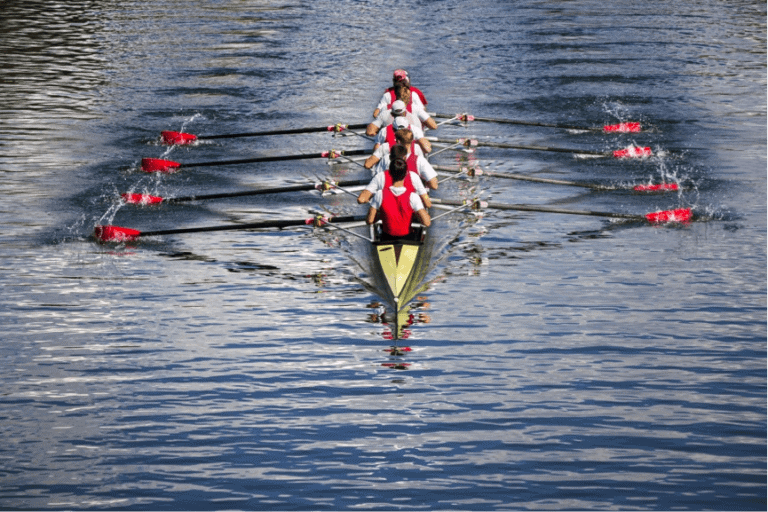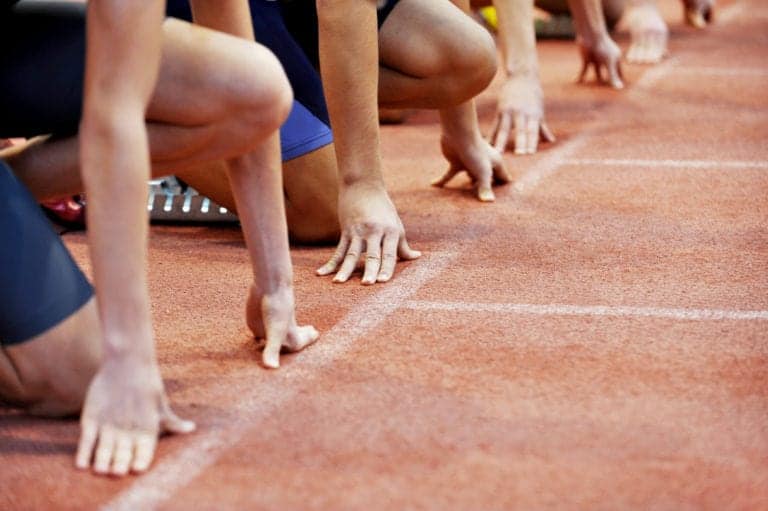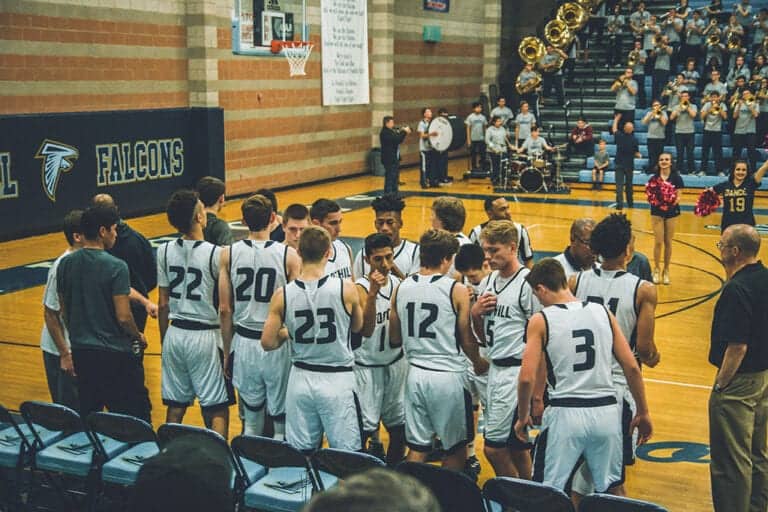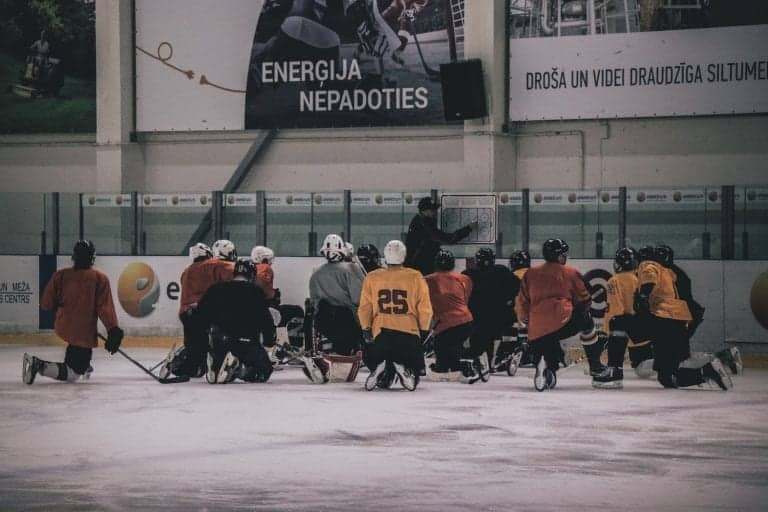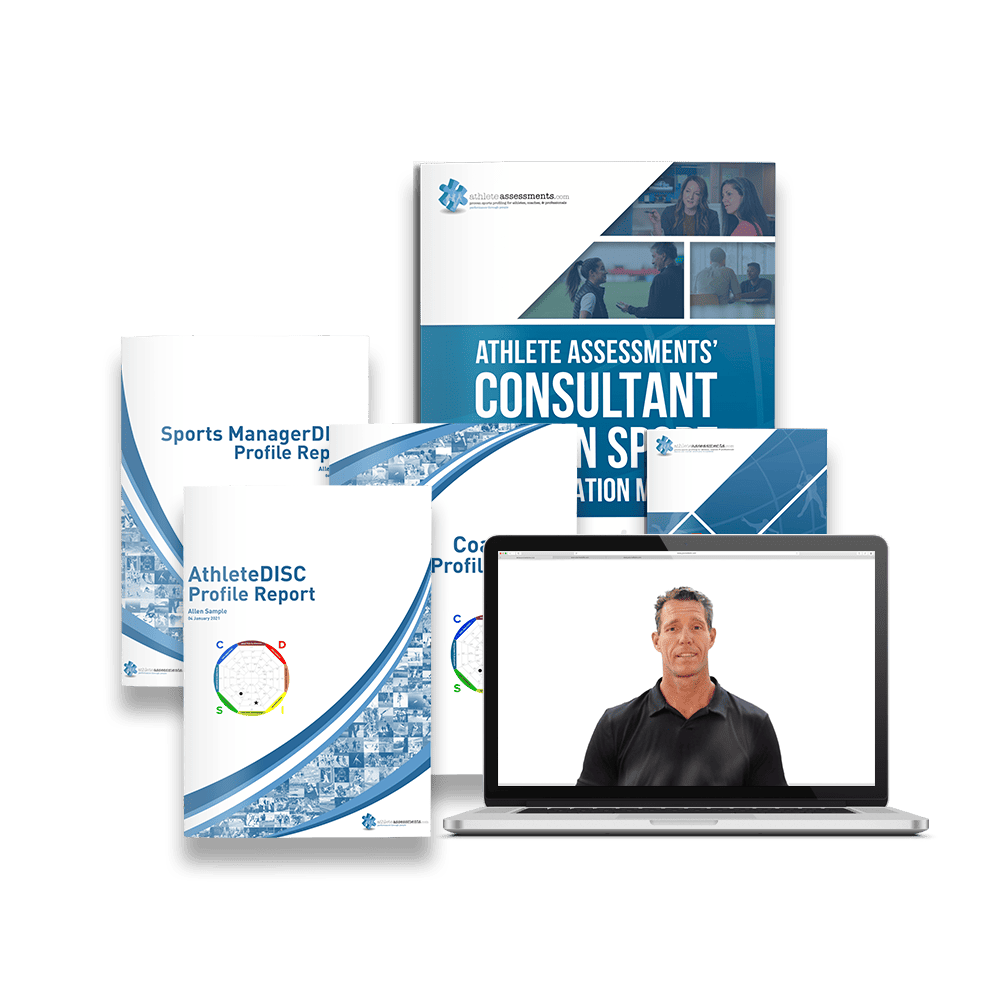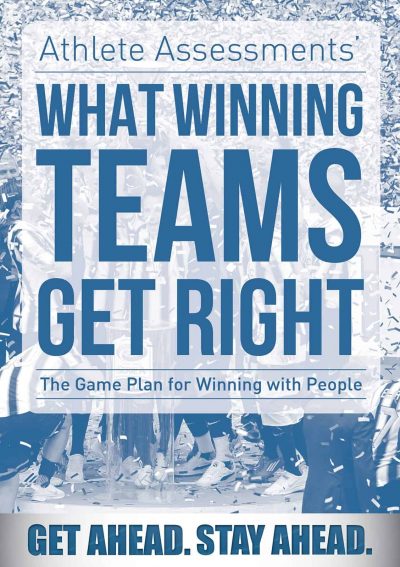A Harvard Business Review article that we recently found again, focused on learning how to learn and the four mental skills that enable fast and effective learning. Firstly, a big shout out to our consultant client Nicole Detling, who is quoted in the article talking about a technique she uses to inspire athletes to learn new skills.
The article hinges on the idea that, “the ability to learn faster than your competitors may be the only sustainable competitive advantage.” The quote certainly echoes our experience, Bo Hanson, Senior Consultant at Athlete Assessments and 4x Olympian, 3x Olympic medallist says, “in high-performance sport, we are always trying techniques to get more out of ourselves and performance. Learning is critical to mastering any skill; technical or non-technical. Once you understand how and why learning happens, you can intervene in the process to help your athletes create and recreate exceptional results.”
“We also want to provide an environment where athletes want to be, and see themselves as ‘students of the game’. This term refers to the athlete who only wants to get better, who asks for instruction and correction. They are the athlete who has more heart than ego, and revels in daily practice. A student of the game wants and pursues learning.”
According to the Harvard Business Review, people who excel at learning have four things in common; aspiration, self-awareness, curiosity and vulnerability. Understanding these processes and the mental skills that drive them, gives an individual the power to amplifying the levers of learning. We can use our knowledge and control of the learning process to help overcome our bias against learning new things.
Putting this in a sporting context, Bo says, “if your process stays the same, your results will stay the same. So, as a coach, it’s imperative to understand the processes of learning in order to positively influence the way your athletes acquire skills”.
Let’s look at the four attributes the article identifies as they apply to learning.
Aspiration
When it comes to acquiring skills, aspiration refers to how strongly we are motivated to learn something. Researchers suggest that when we do want to learn something, we focus on the positive aspects of the task – what we’ll gain from learning it and imagine a future which sees us reaping the rewards of the new learning. Shifting our focus from challenges to benefits increases our motivation or aspiration to learn a new skill.
The article then gives us an example of how this works, “when Nicole Detling, a psychologist at the University of Utah, encouraged aerialists and speed skaters to picture themselves benefiting from a particular skill, they were much more motivated to practice it.”
Self-awareness
A self-aware person knows they have a process for completing tasks, whether the tasks are actual or theoretical. Being able to observe that process in action and analyse it, gives them the capacity to improve it or make adjustments where necessary. Consequently, in sport, once you know, understand and can observe your own process, you have the potential to improve your results on game day. Self-awareness gives an athlete the power to create the results they want.
A fast and effective path to self-awareness lies in Athlete Assessments DISC profiling, which details the way an individual behaves – what their optimum learning environment is, whether they are open or guarded, fast-paced or slower, whether they prefer to do things alone or in a social setting, how they communicate, build relationships and interact with the people around them. Together, these details build a picture that an athlete or a coach can use as a starting point for self-awareness, or to compile a program of practice or learning based on the way the individual naturally does things.
Once a person has their profile they begin to notice the way they do things, the details become apparent. Over time, if not immediately, they will learn how to compile these details into strategies which are grounded in their strengths. It also becomes easier to talk to athletes about changing their processes because they have the self-awareness to observe and understand what they are currently doing. When an individual is self-aware it’s easier for them to make the leap to observing their own self-talk. Intervening in your own self-talk stream is an extremely powerful mechanism and gives the individual the ability to control their own self-talk – a very useful skill to take into any learning process.
The article had this to say about self-talk, “your inner voice is most useful when it reports the facts of a situation in this balanced way. It should serve as a “fair witness” so that you’re open to seeing the areas in which you could improve and how to do so.”
Conversely, the article said this about the consequences for a lack of self-awareness, “in one study conducted by David Dunning, a Cornell University psychologist, 94% of college professors reported that they were doing “above average work.” Clearly, almost half were wrong—many extremely so—and their self-deception surely diminished any appetite for development.”
Self-awareness plays a fundamental role in learning, it’s the foundation of improving the rate and effectiveness of learning in any setting including sport and it definitely warrants research and investigation. Find out more about Athlete Assessments’ DISC Profiles.
Curiosity
The article defines curiosity in this context very concisely, it says, “curiosity is what makes us try something until we can do it, or, think about something until we understand it.”
The Harvard Business Review’s author says the way we can use curiosity is, “instead of focusing on and reinforcing initial disinterest in a new subject, they (effective learners) ask themselves “curious questions” about it and follow those questions up with actions. How…? Why…? I wonder…?—”
The article also tells us the way we can use curiosity to dial up our or our athletes’ interest in a subject saying, “the next time you’re asked to learn something at the office, or sense that you should because colleagues are doing so, encourage yourself to ask and answer a few curious questions about it—Why are others so excited about this? How might this make my job easier?—and then seek out the answers. You’ll need to find just one thing about a “boring” topic that sparks your curiosity.”
Vulnerability
Learning a new skill involves being vulnerable enough to ask seemingly dumb questions, about the process and in some cases going back to square one for skills you have already mastered.
The article elaborates, “generally, when we’re trying something new and doing badly at it, we think terrible thoughts: I hate this. I’m such an idiot. I’ll never get this right. This is so frustrating!” and then raises a critical point, “ that static in our brains leaves little bandwidth for learning”, that static or inner dialogue is commonly called self-talk and when it’s negative, it can be so detrimental to the learning process.
In summary the article specifies; “the ideal mindset for a beginner is both vulnerable and balanced: I’m going to be bad at this to start with, because I’ve never done it before. AND I know I can learn to do it over time. In fact, the researchers Robert Wood and Albert Bandura found in the late 1980s that when people are encouraged to expect mistakes and learn from them early in the process of acquiring new skills, the result is “heightened interest, persistence, and better performance.” The article tells us that simply acknowledging novice status can make a person feel less foolish and more relaxed.
The Harvard Business Review concludes that fast and effective learners have four attributes in spades: aspiration, self-awareness, curiosity, and vulnerability. It says, “they truly want to understand and master new skills; they see themselves very clearly; they constantly think of and ask good questions; and they tolerate their own mistakes as they move up the learning curve.”
Where to from here?
At Athlete Assessments, we support you in being the best you can be through our products and our service. If there is anything we can assist you with, please contact us.
Recommended Articles
As athletes we all start at the very beginning and over time, develop the skills and techniques needed to be successful in our chosen sport. This process can be defined by the Conscious Competence Learning Matrix, or a 4 stage model outlining the various stages of learning an athlete goes through in order to acquire new skills.
One of the most satisfying moments as a coach is when an athlete successfully makes a change you’ve been working on. Sometimes the time to achieve this change is a mere moment, other times you can feel like you’ve been striving all season to help them to take it on.
On occasion, it is a tiny change that has a massive impact, other times is big change to achieve a small but crucial improvement. When you think about it, coaching is really a series of changes and the best coaches are those who have mastered how to help their athletes take these steps of continuous improvement.
Our model of sport at Athlete Assessments sees coaches as teachers. In fact, we have often found the most effective coaches actually came from a teaching education background and are qualified in this area of skill and knowledge.
Have you ever noticed how some athletes “get” instructions immediately, while for others it takes a while for things to click? If you’re involved in coaching this is something you’ve had to deal with on numerous occasions. Many Coaches develop their own ways of working with their athletes learning styles and having a well-proven framework can be extremely useful. We understand all athletes are unique and cannot be coached in exactly the same way because as athletes (and people in general) everyone has their own unique way of learning.


